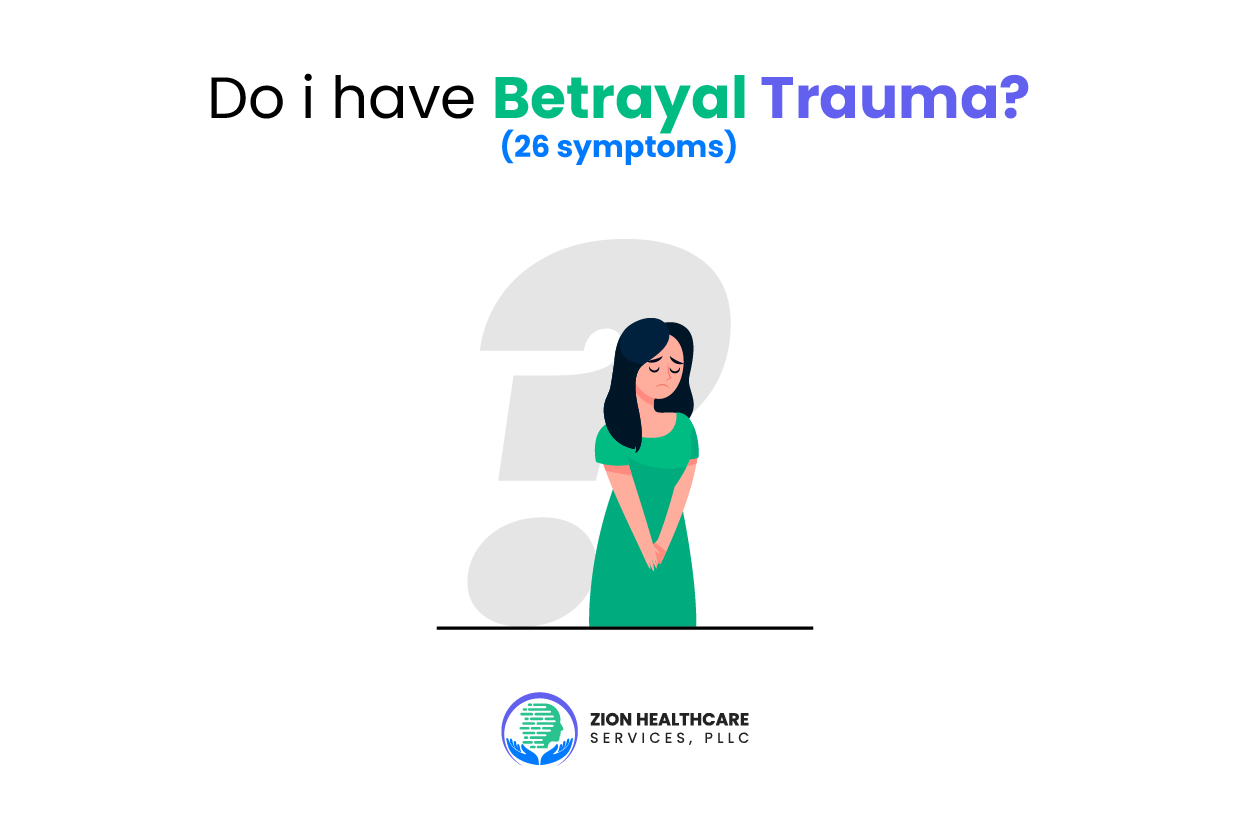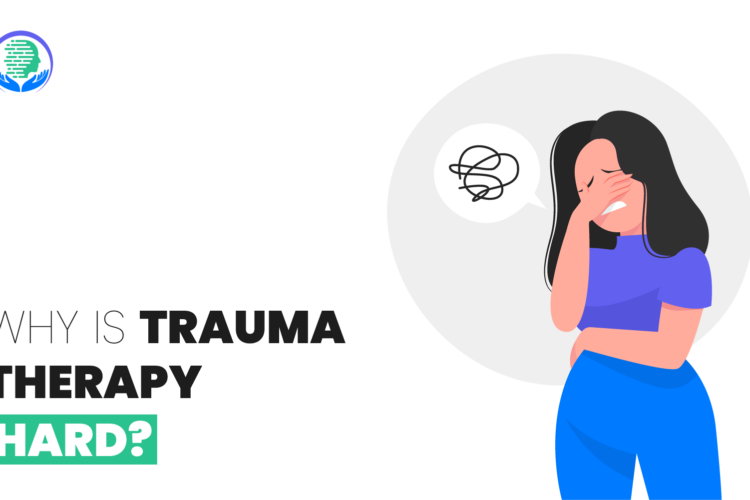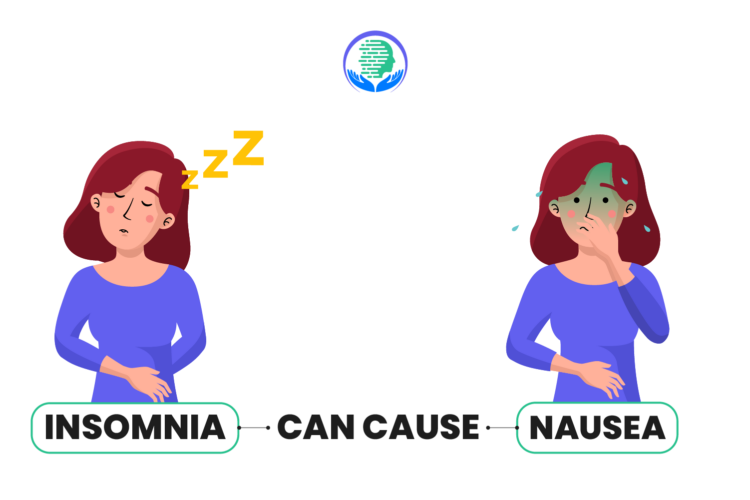
When someone close to you breaks your trust, it can cause deep psychological trauma, known as betrayal trauma.
This occurs when the person you depend on for safety and security becomes the source of harm.
In addition to that, trauma can shatter your self-esteem, leaving you feeling unworthy, ashamed, and powerless.
The betrayal may haunt you, as you relive it and analyze it.
This causes ongoing emotional distress like anxiety, depression, and altered trust in others.
However, with time and support, it is possible to heal.
Speaking to a trauma-informed therapist can help you process the emotions.
Following that, you’ll regain a sense of control and work through feelings of guilt or unworthiness.
So, to get the best treatment for the trauma, you can rely on Zion Healthcare Services, as nobody deserves to suffer the scars of betrayal alone.
What is Betrayal Trauma?
Betrayal trauma arises when the people we are deeply attached to or trust, like partners, family members, or close friends, deceive us.
It causes serious hurt and trust violations.
When people you depend on for safety and security, it can shatter core beliefs.
They test a person’s sense of identity, worthiness, and safety.
Betrayal trauma differs from other types of traumas.
It is because the victim is traumatized not only by the event itself but also by the profound sense of loss.
They have their trust in someone misplaced in such a damaging way.
If you are ever diagnosed with the trauma and want to get rid of it. Don’t hesitate anymore, and feel free to contact us.
26 Symptoms of Betrayal Trauma
Below are the 26 symptoms of the betrayal trauma.
They include:
- Helplessness.
- Sleeplessness.
- Immobility.
- Reliving the event.
- Hyper-vigilance.
- Anxiety.
- Nightmares.
- Intrusive images.
- Withdrawing.
- Avoidance
- Mood swings.
- Panic attacks.
- Phobias.
- Flashbacks.
- Denial.
- Over-sensitivity.
- Depression
- Restlessness
- Confusion.
- Dissociation.
- Inability to eat.
- Overeating
- Rage.
- Health problems.
- Chronic fatigue.
- Immune/endocrine system problems.
Causes of Betrayal Trauma
Causes of betrayal trauma include:
- Emotional abuse.
- Physical abuse.
- Sexual abuse.
- Infidelity.
- Abandonment.
- Unethical behavior.
Triggers of Betrayal Trauma
Triggers that can activate painful memories for those experiencing betrayal trauma include:
- Anniversaries of the betrayal event(s).
- Contact with or seeing the perpetrator in person.
- Learning the perpetrator is in a new relationship.
- Reminders of the relationship before the betrayal (locations, possessions, music, etc).
- Intimacy in current relationships without proper healing.
- Broken trust in other relationships, even if minor.
- Lying or manipulative behaviors from others.
- Loss of control or amplified power imbalances.
- Unpredictable or abusive behavior from loved ones.
- Unresolved grief over the lost relationship.
- Having children of their own who reach the victim’s age during the trauma.
- Stress, lack of sleep, or changes in routine/environment.
Betrayal Trauma in Childhood
Children are affected negatively when someone close to them breaks their trust.
It can damage normal growth and change a child’s thoughts about relationships.
Having a mean or hurtful parent destroys the child’s sense of stability and security.
It leaves the child feeling alone and without power over what happens.
Effects from this trauma as a child can cause long-term mental health problems.
Kids may struggle making friends and being close to others as grown-ups too.
To cope with this trauma, children might need the assistance of therapists and counselors.
To understand what happened, they need to talk about it.
Getting support can help kids recover from this trauma.
Betrayal Trauma in a Relationship
Betrayal trauma within a relationship can leave deep emotional scars, challenging an individual’s ability to trust again.
The discovery of a breach of trust can trigger a range of emotions, from disbelief and shock to anger and grief.
The psychological aftermath of such betrayal causes a sense of loss similar to grieving, where the betrayed person mourns the perceived end of the relationship.
Whether the person who betrayed, cheated, was mean, had problems with alcohol or drugs, or did other bad things, it can be very painful.
Without resolution, these feelings could persist, harming future relationships and the overall state of mind.
Healing means talking openly about big emotions, making healthy relationship choices, and setting good boundaries in the future.
Betrayal Trauma Recovery
To recover from betrayal trauma, here’s what you can do.
- Talk to a counselor: Speaking to a trauma therapist helps with big feelings and understanding. They explain what happened and build trust once again.
- Get support from a friend. Being around supportive family and friends or groups helps you feel less alone. You’ll get validation for what you’re going through.
- Self-care. Doing relaxing activities, exercising, and eating well. It also helps to manage stress and help natural healing.
- Setting rules. Learning to notice bad behavior and always having strong limits to protect mind and body.
- Working through sadness, anger, and other stages of loss over the ruined relationship and hopes for the future.
- Planning for safety. Having calming strategies when memories come up and plans for comfort down the road.
Final Thoughts
If you have intense feelings like sadness, anger, or fear that come up strong, you may seek help from some mental health professional.
Betrayal trauma happens when people you’re close to, like friends or partners, hurt you by breaking your trust severely.
If you want to eliminate the trauma or traumatic thoughts in your life, you may reach out to Zion Healthcare Services.
FAQs
What are the symptoms of betrayal trauma?
Some common symptoms of betrayal trauma include:
- Intense feelings of fear.
- Sadness.
- Anger.
- Distrust.
Is betrayal trauma a form of PTSD?
Certainly, betrayal trauma is considered a form of post-traumatic stress disorder (PTSD). It develops from traumas that violate trust and cause harm.
What are the 4 stages of betrayal trauma?
The four main stages of betrayal trauma recovery are:
- Safety and stabilization.
- Remembrance and mourning.
- Reconnection with self and others.
- Finding meaning.
How long does betrayal trauma last?
The trauma can impact people for years if left unaddressed.
Many people start feeling better within 6-12 months with proper treatment.
However, full recovery from severe cases may take 1-3 years.


